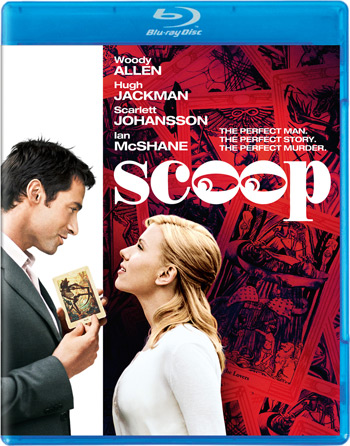
Kino Lorber
If you asked most people to assign a genre to Woody Allen pictures, “whodunit” would not be high on many lists. And yet it’s a well he’s come back to many times.
Through most of principal photography, Annie Hall was supposed to be about two amateur sleuths solving a murder.
The discarded plot was later repackaged as Manhattan Murder Mystery.
Then there’s Bullets Over Broadway, The Curse of the Jade Scorpion, and Magic in the Moonlight. And those are just the comedies.
His 2006 comedy Scoop is an odd one to throw into that mix—not because of what it is, but when he made it. It lands squarely between two of Allen’s darkest films, Match Point (2005) and Cassandra’s Dream (2006): also movies about murder.
Next to them, Scoop is a soufflé. Elements of screwball comedy (two Americans pretend to be rich so they can investigate a wealthy nobleman accused of murder) are blended with Purple Rose of Cairo-like magic realism (the ghost of a dead journalist brings them the lead).
This isn’t to say you can’t wring a comedy out of murder—but let’s keep in mind that the killer in Scoop murders sex workers. Woody was clearly thinking about killing women a lot in those days.
This was the second film in Allen’s so-called European period. After a string of forgettable failures like Small Time Crooks and Curse of the Jade Scorpion, his American studio deals dried up and he was forced to seek funding elsewhere. The BBC and Ingenious Media stepped in, with the stipulation that his films had to be shot in the United Kingdom using mostly British actors.
The first picture he made under this arrangement was Match Point, a bleak minor masterpiece that’s basically a remake of his major masterpiece Crimes and Misdemeanors. Plotline: a man murders the woman he’s sleeping with and gets away with it. Scoop was the follow-up. Plotline: a man murders the woman he’s sleeping with and doesn’t.
Both films feature Scarlett Johansson in her pre-Black Widow phase, back when she still played ingenues and pretended not to have a deep, smoky voice. She’s Sondra Pransky, a would-be investigative journalist who somehow always winds up in bed with the men she’s investigating. Her suspect, too-good-to-be-true Peter Lyman (played by too-good-to-be true Hugh Jackman), almost makes that plausible.
She’s meant to seem spunky but naïve. That she has to be forced to do her job Hamlet-style by a ghost (Ian McShane, as funny as the Deadwood guy is going to get) suggests that she isn’t cut out for her profession.
During her first meeting with Peter, Sondra compliments his teeth. One of Scoop’s better running gags is that she’s trying to avoid becoming a dental hygienist, a job for which she’s infinitely better suited. She can’t see a clue when it’s staring her in the fact, but she can spot good tooth enamel a mile away.
Johansson is a strange muse for Allen, who’d previously paired himself with nervous-brainy types like Diane Keaton and Mia Farrow. Brainy, Scarlett is; nervous she’s not. The Coen Brothers and Sofia Coppola had already shown her to be an actor of depth, nuance, and intense focus. Woody Allen went another way.
Allen’s personal life aside, he was at least known for female characters who were more than male fantasies: Annie Hall, Hannah and Her Sisters, Interiors, and even The Purple Rose of Cairo offered great parts for great performers. That he routinely insisted on putting Johansson in the dumb-blonde chair (a clueless actress in Match Point, a clueless journalist in Scoop, a clueless whatever she is in Vicky Cristina Barcelona) either suggests he had very limited ideas about Scarlett, or that he was beginning to reveal very limited ideas about women.
There are many obvious parallels between Allen’s life and work, but audiences at the time were less conscious of them than they should have been. By the early 2000s, the scandals of a decade before—his sexual relationship with his partner’s daughter, his alleged sexual abuse of his daughter Dylan—had done as much damage as they were likely to do, and his critics didn’t seem to mind. He seemed poised for some kind of rehabiliation.
Then his movies started to bomb.
Once, studios could justify them as niche investments because they were cheaply made and had a built-in audience with east-coast literati who loved a good sex comedy where the characters quote Kierkegaard. It wasn’t that his audience had turned against him. It’s that he’d stopped making those kinds of movies. The new ones were just bad. So he scarpered off to Europe where the critics still compared him to Bergman.
He doesn’t settle easily into his new setting. Scoop, like Match Point before it, was rewritten in haste, translating his pretentious Manhattanites into English snobs. They do what rich people only seem to do in Woody Allen pictures: attend the opera, play classical music, read ponderous literature, and breeze through life on a bed of privilege.
It’s clear that Allen wants us to dismiss them as phonies. As with the know-it-all talking about Marshal McLuhan in Annie Hall, he can’t help mocking the kinds of people who go to see his movies.
Allen is in the movie. For years he’d been gradually stepping back from playing various versions of his public persona, and Scoop is one of his last outings. He is Sid Waterman, a stage magician of the birthday-party variety who has a psychic bond with Sondra (he guesses that she’s a dental hygienist; she insists that he’s dead wrong). When she pretends to be an American heiress so she can get close to Peter, Allen is forced to pretend to be her oilman father.
They make a dismal pair. Allen had long since aged out of his so-nerdy-he’s-sexy roles and seems here to be trying on the role of foster father (no, not ironic at all). We’re told there’s a growing bond between them, but he spends most of the film mocking her in terse little asides.
Hitchcock once observed that it’s boring when a man suspected of murder turns out to have been guilty all along. Allen, who occasionally ransacks Hitchcock’s plots (Manhattan Murder Mystery is Rear Window without the wheelchair; Match Point’s amoral tennis player mashes up the two main characters from Strangers on a Train), seems to have ignored that lesson.
Sondra’s suspect/boyfriend Peter Tynan is too nice a guy not to be guilty of something. Allen barely sketches out the role, leaving Hugh Jackman’s charisma to fill in the gaps. Usually in Woody Allen movies it’s the leading lady who does all the hard work of falling in love. Scoop reverses that: Peter keeps telling Sondra how smart and charming she is, but she’s not. Not in the way this picture uses her.
Allen’s European films promised a return to form, and in many ways they succeeded. The silliness quotient is dialed down, even in outright fantasies like Midnight in Paris. Scoop doesn’t work as comedy, but it does work as what I suspect it really is: Woody Allen becoming aware that he’s lost his ability to charm.
It’s a lode he’s mined before: the man who is adored but shouldn’t be. Manhattan invited audiences to tolerate his onscreen romance with a child. Husbands and Wives is just one of many Allen films that expects us to applaud infidelity. In Crimes and Misdemeanors, Martin Landau’s eye doctor has his mistress killed and decides he can live with it.
In order for this act to work, the bastard has to win our hearts. In Scoop, the bastard fails. I’m not talking about Jackman’s Peter Tynan. I mean Woody Allen peeping around the scenery as a bumbling magician that wealthy people find fascinating, even though his tricks are mostly of the pick-any-card variety.
As the risk of psychoanalyzing the guy who’s constantly inviting us to psychoanalyze him, it’s hard not to imagine Allen saying, See, I don’t need new material. I can keep doing the same old tricks and you’ll love it. I’m sure there are at least a few people who do.
We have become harder to fool. The 2021 HBO documentary Allen v. Farrow shifted our perceptions of a man whose only protection is our love. His voice on recorded telephone calls with Mia Farrow revealed a different Woody Allen: not the stammering funnyman but an emotionless, gaslighting sociopath who talks deliberately about dragging his former partner through the mud if she persists in supporting Dylan’s accusations against him.
Once you’ve heard that, there’s no going back to the earlier, funny Woody. Scoop barely even tries to take us there. It’s a filler, the kind of movie you make when you’re trying to fulfill a contract. Which Allen definitely was. His next picture would have new backers, taking him to France and Spain.
Scoop belongs in the middle third of Woody Allen pictures. Not easily loved like Annie Hall or disturbing like Crimes and Misdemeanors, not easily dismissed like Mighty Aphrodite or dreary like Deconstructing Harry. It just is. You’re watching, you’re watching, and then suddenly it’s over and you feel like you missed something important in the second act. The part where the characters are supposed to grow.
The movie ends with Woody’s character in the afterlife, still doing card tricks for adoring fans even as Death guides him to eternity. It’s a faint echo of the “Jazz Heaven” gag in Stardust Memories, only this time we’re meant to find it endearing. In Match Point, he sought to prove he could still make important films on heavy themes. In Scoop, he seems bent on being remembered as an entertainer. But that’s no scoop.
Extras include the trailer.
The only mystery is whatever happened to the Woody Allen who could make us laugh.

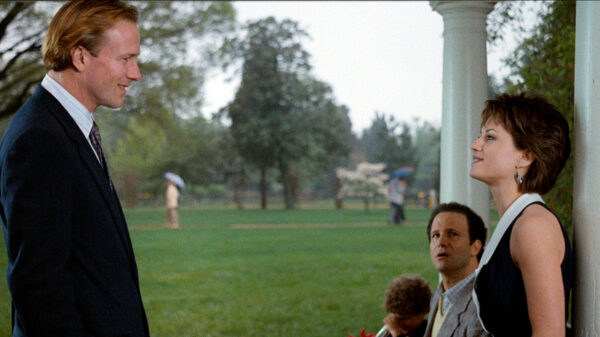



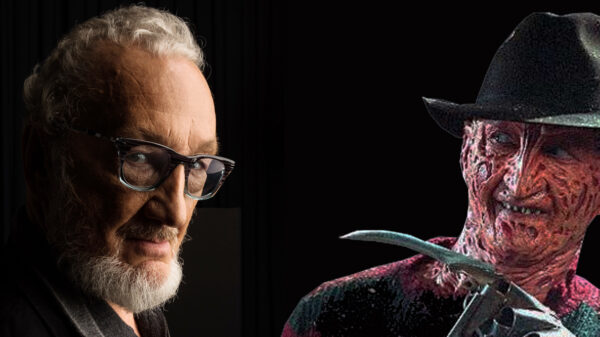
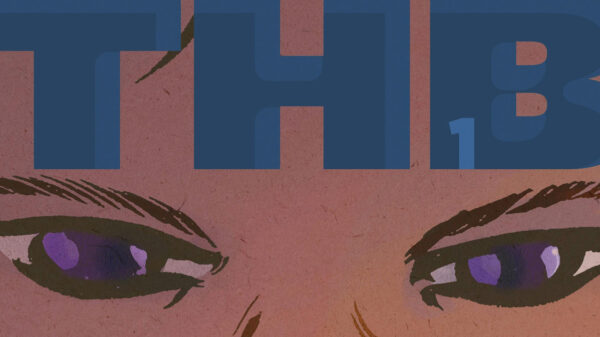

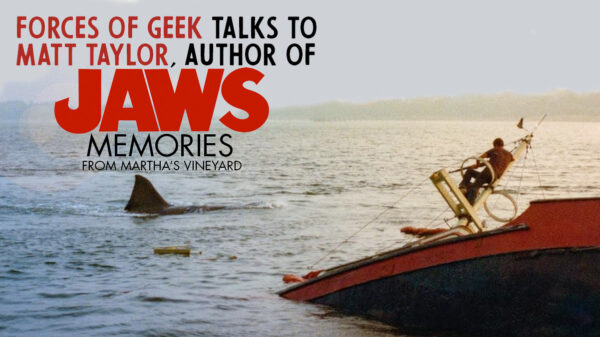
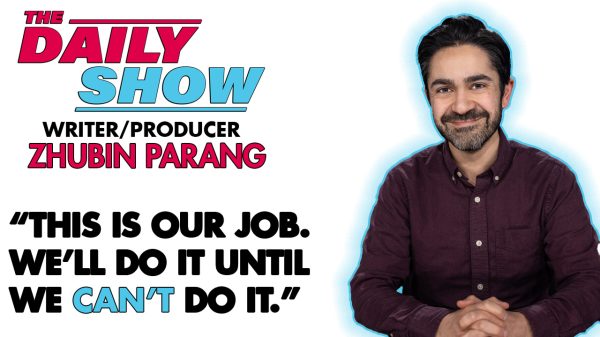
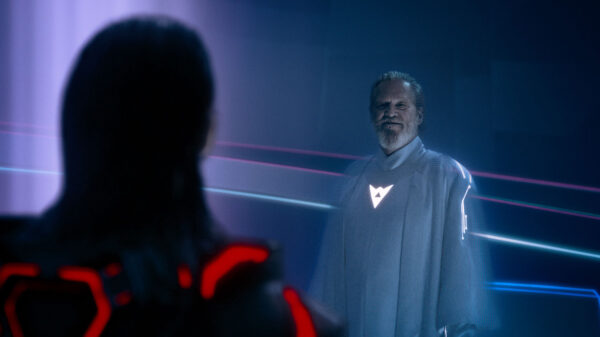
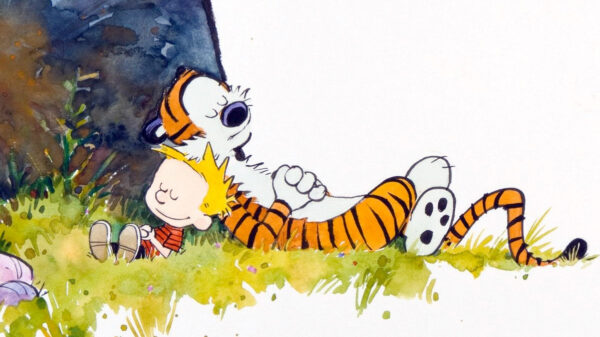
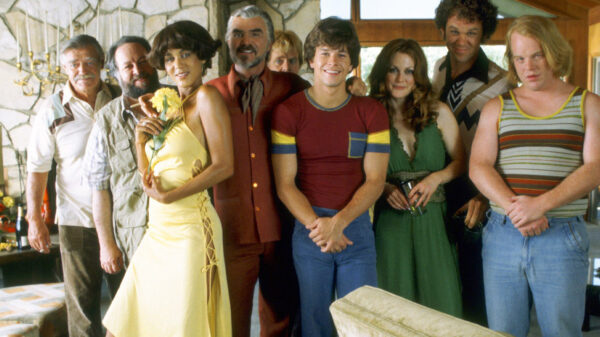
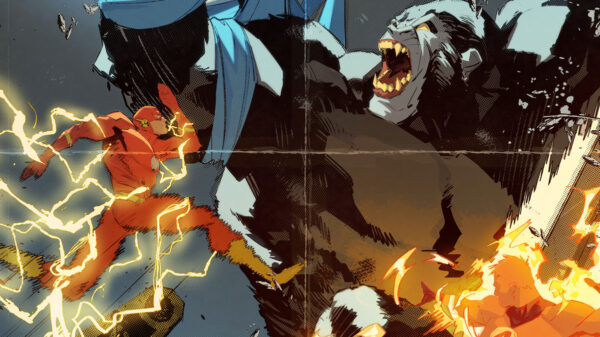
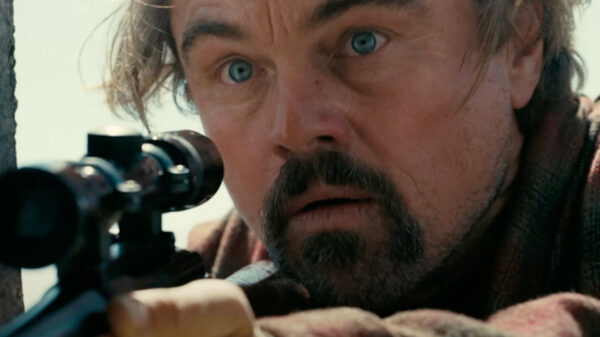




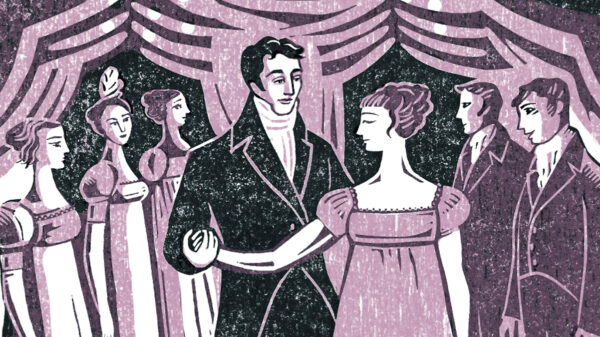
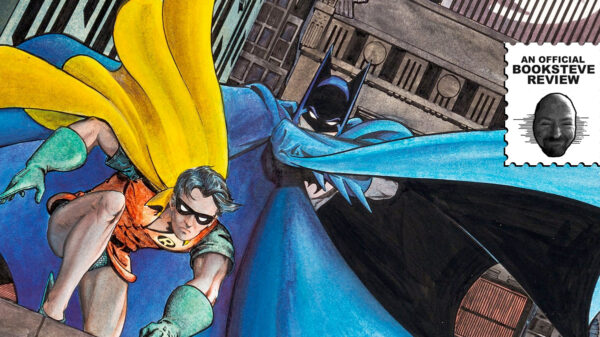
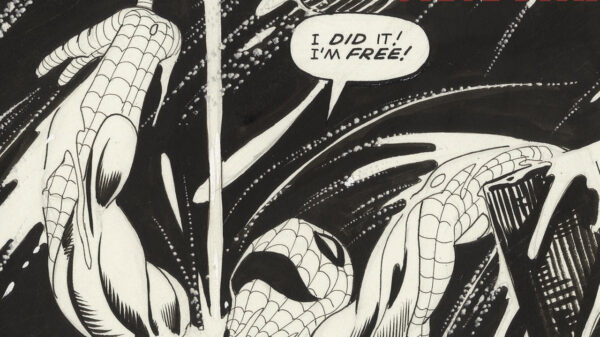
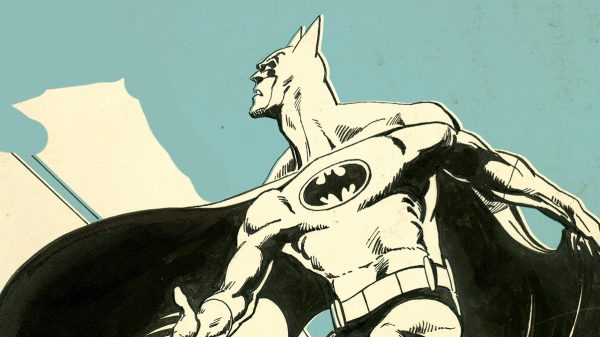

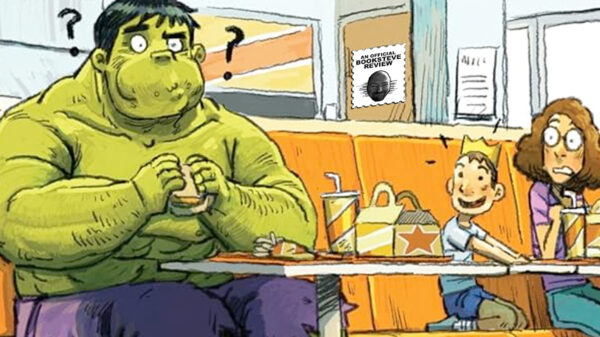
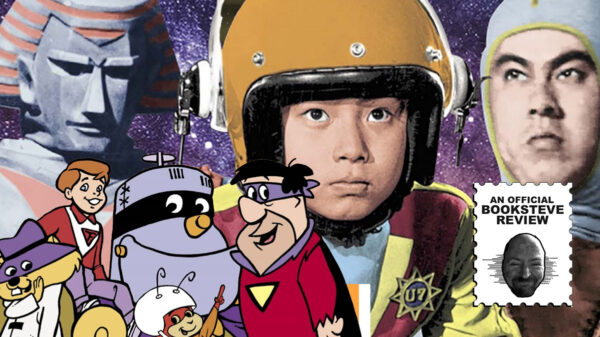
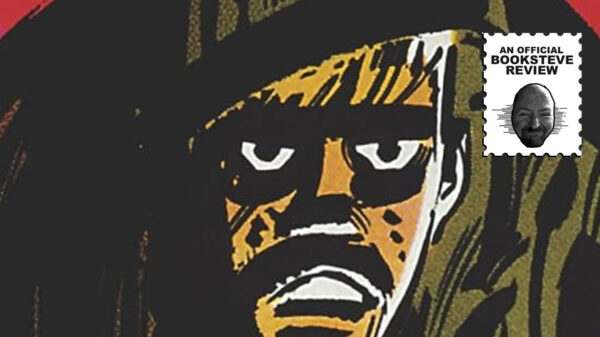
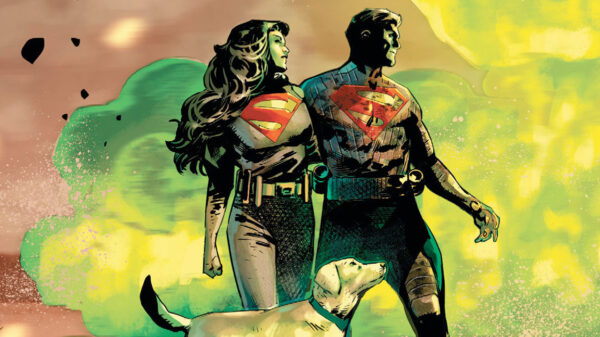
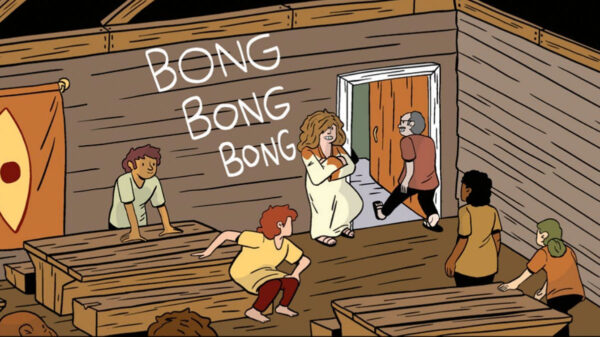





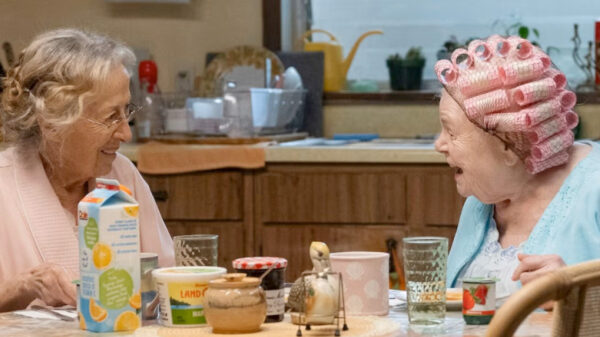
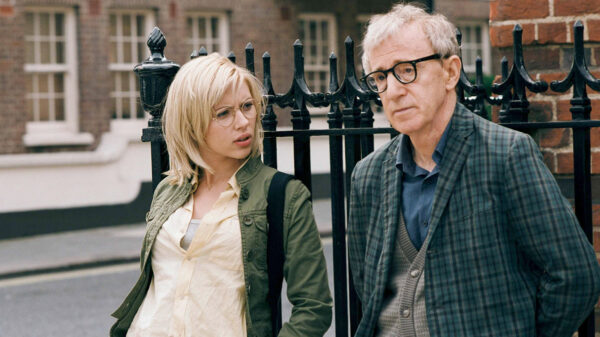
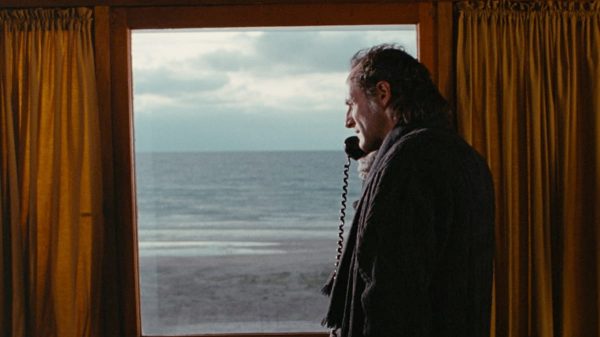
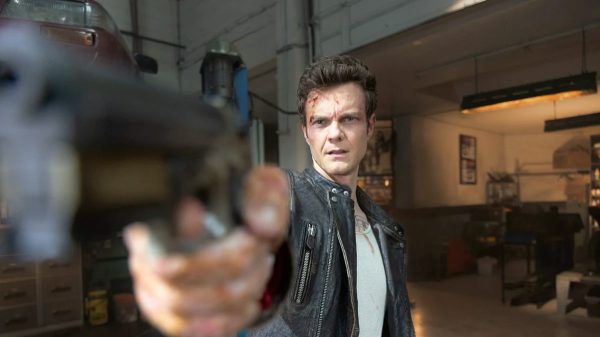
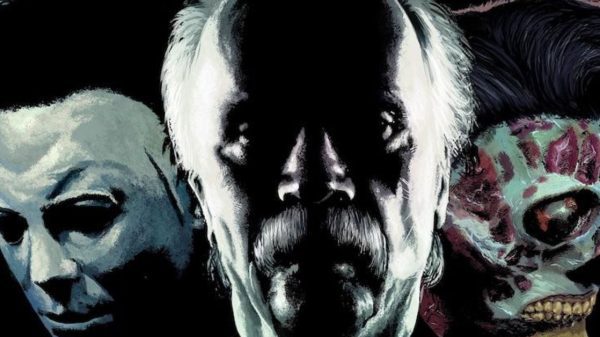
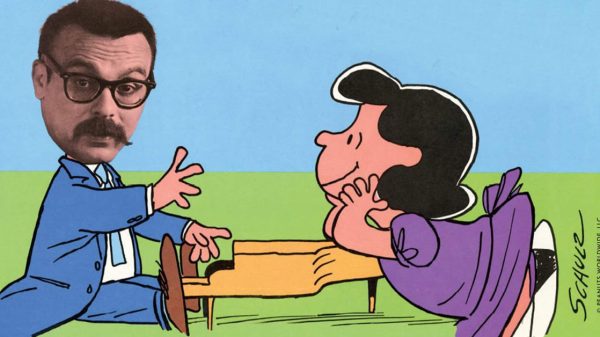
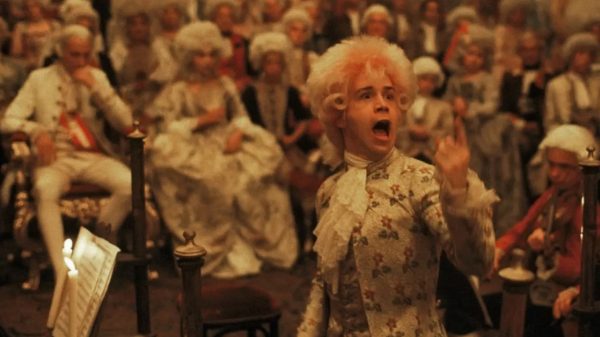







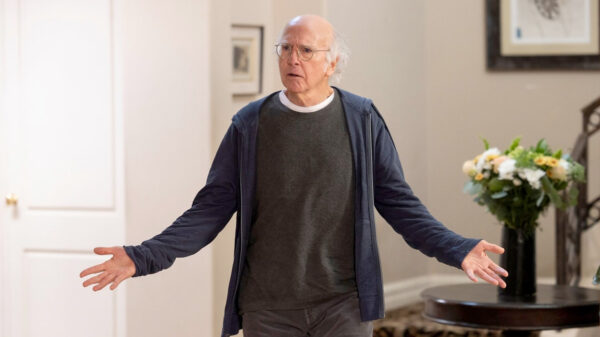



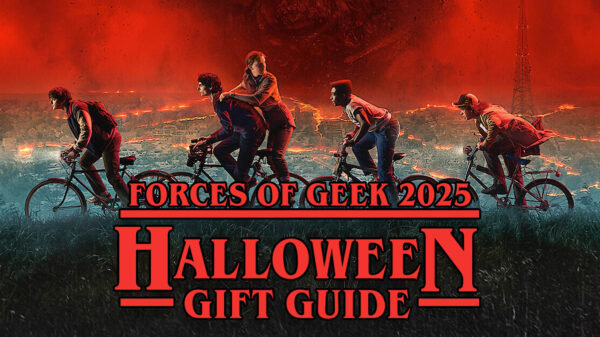
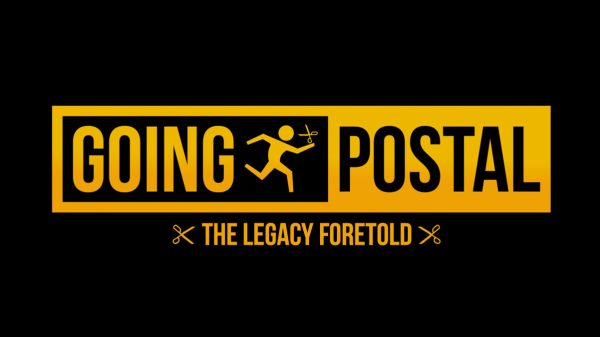



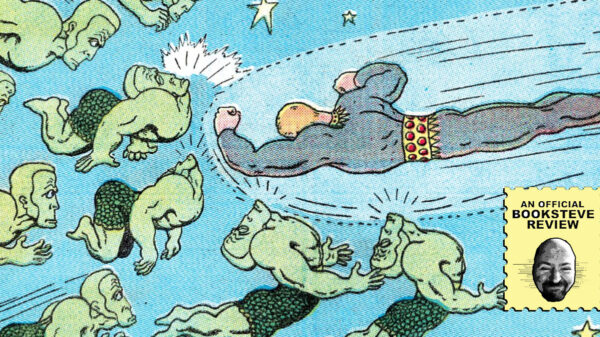














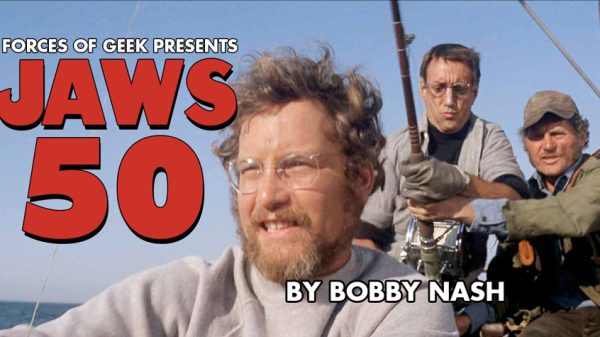










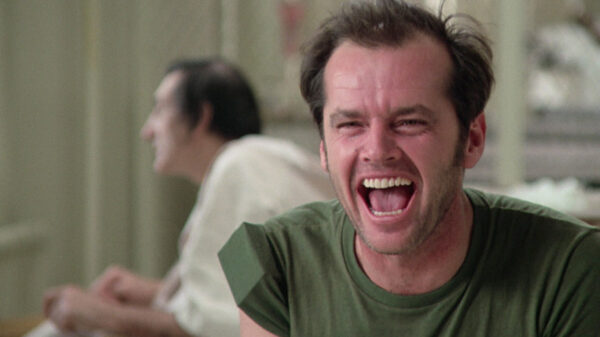
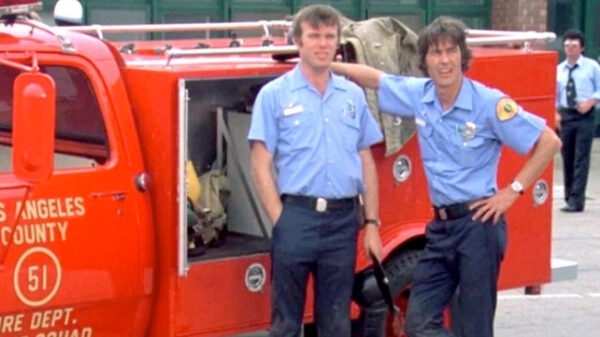
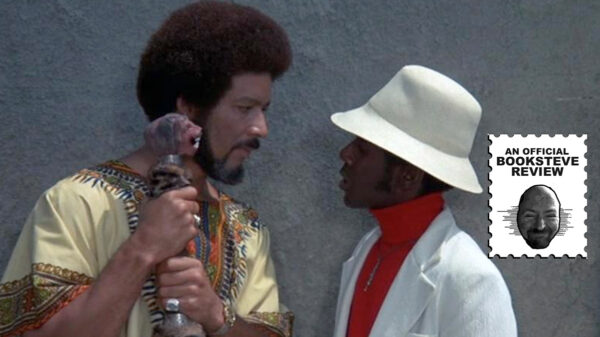





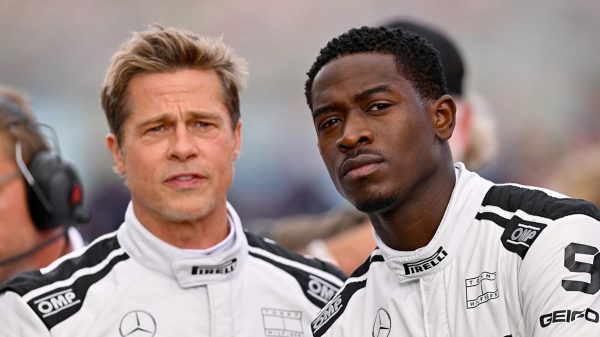




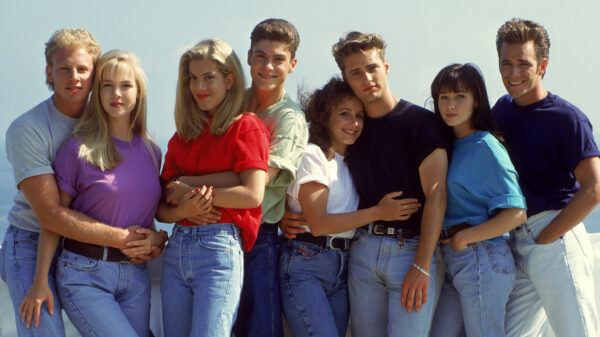
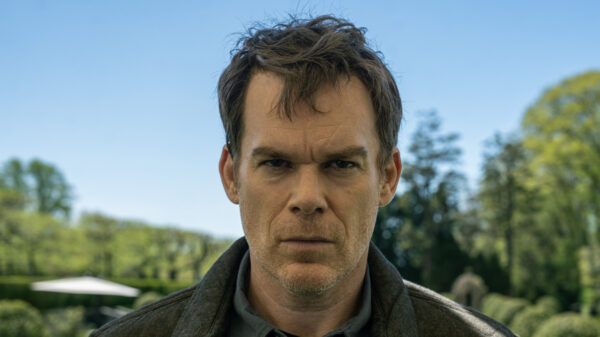
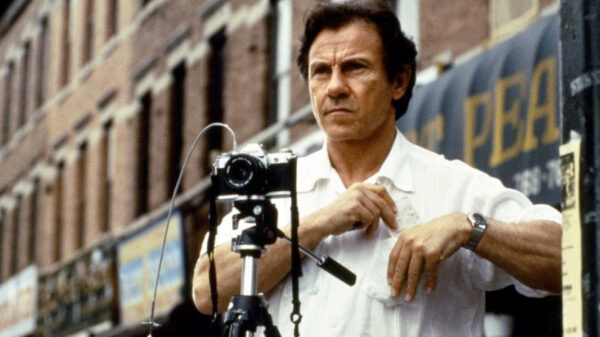
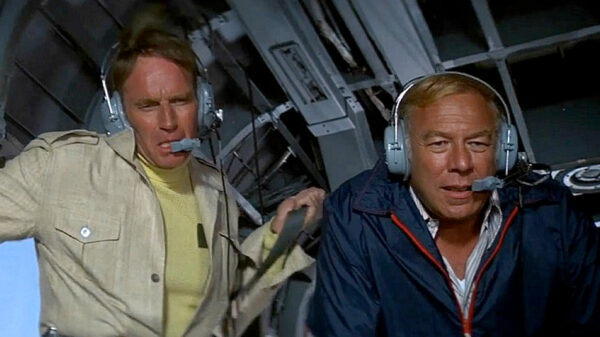




You must be logged in to post a comment Login